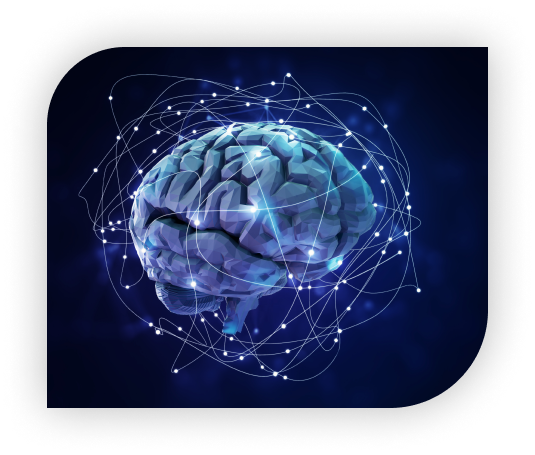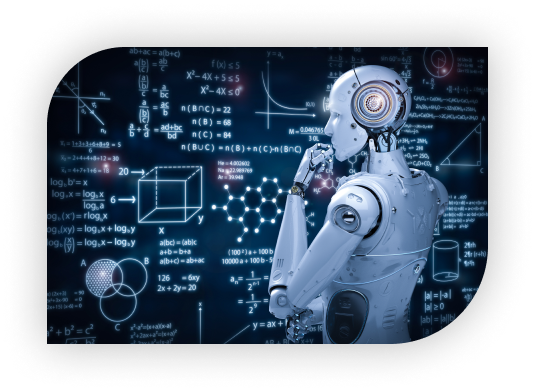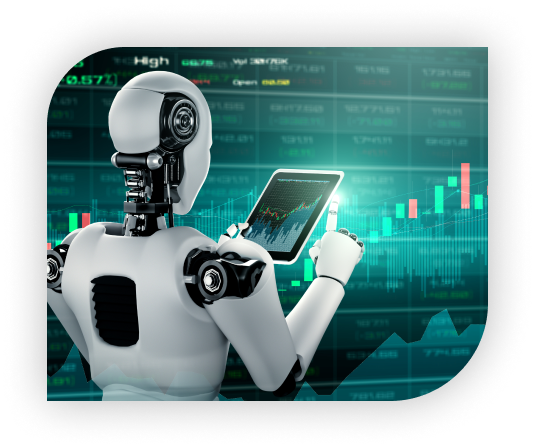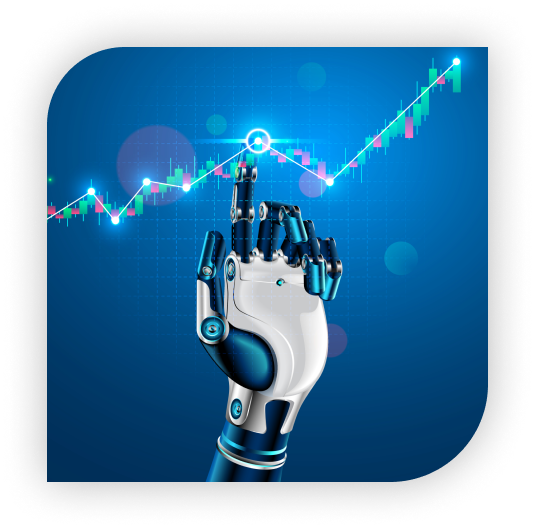Blog
How AI And ML Can Improve Marketing Analytics

Introduction
For any business to prosper, it is essential to maintain proper ties with the customers. These ties could be supported by understanding their needs and desires and delivering the products with the same sophistication. Having a firm grip over the thought process of the customers helps companies to have a profitable business. Whether it is a business in the IT sector or not, the critical factor in growing the sales of any product is to cling to the right set of customers by guessing their choices.
Considering the IT industry, ever since the inception of computers, the technological world is evolving every day. These evolutions have brought together many businesses by creating various algorithms that help people understand and guess a customer's purchasing habits, desires, and needs. This is achieved using complex algorithms, namely Artificial Intelligence (AI) and Machine Learning (ML).

What is Artificial Intelligence And Machine Learning?

The terms Artificial Intelligence and Machine Learning are used quite a lot these days when promoting an electronic product of sorts. The most common example of this is when a new TV is launched; one of the prominent features is upscaling the image using Artificial Intelligence. AI, in layman terms, means the ability of a computer or a machine or a robot to perform actions like a human being, such as mimicking perception, learning, solving problems like a human, and decision-making capabilities alike. As the name suggests, for all the tasks that a person can perform, a machine could perform the same but with a shortcoming of emotions and consciousness. Feelings cannot be mimicked by the device or understood; rather, the machine can learn from the behaviour of a human whether the person is angry, happy, or shows some other emotion.
Machine Learning, on the other hand, is an algorithm similar to Artificial Intelligence, but unlike Artificial Intelligence, it doesn't require explicit instructions to improve itself; rather the algorithm learns and adapts itself by learning from the previously inputted data. If we were to compare Machine Learning and Artificial Intelligence, Machine Learning is a subset of Artificial Intelligence. AI can do everything that ML does but not vice versa. Though, Machine Learning is a superset of Deep Learning. An example of Machine Learning is the Speech Recognition ability. It could be used to translate the spoken words into a textual format.
What Are the Benefits Of ML and AI?
Discussing the benefits of Machine Learning is used by the e-commerce giant that delivers products throughout the globe to distinguish and analyze apparent patterns of an individual on its website or the application. This gives an insight into the sales of any of the products in their catalogue to the seller and puts forth suggestions for the customers about the products they might like and paraphernalia. This requires no human intervention and is automatically analyzed by the algorithm.
As the algorithm gains more data, it keeps on changing and adapting the algorithm to perform tasks with great simplicity avoiding any further development by the coder or the developer.
Artificial Intelligence, mainly an algorithm of Machine Learning, is better at performing and providing valuable data. It keeps on learning from the previously gathered data and, unlike a human, has next to zero errors if the algorithm is programmed right. Apart from being factually correct, AI helps reduce the workforce as it is available 24x7 and can be used to perform the same tedious and monotonous process repeatedly without being bored and tired.
Deploying Digital Assistants, developed using AI, helps large companies cut costs on their customer care team by gathering the information from a customer beforehand and then connecting to the customer care executive.


